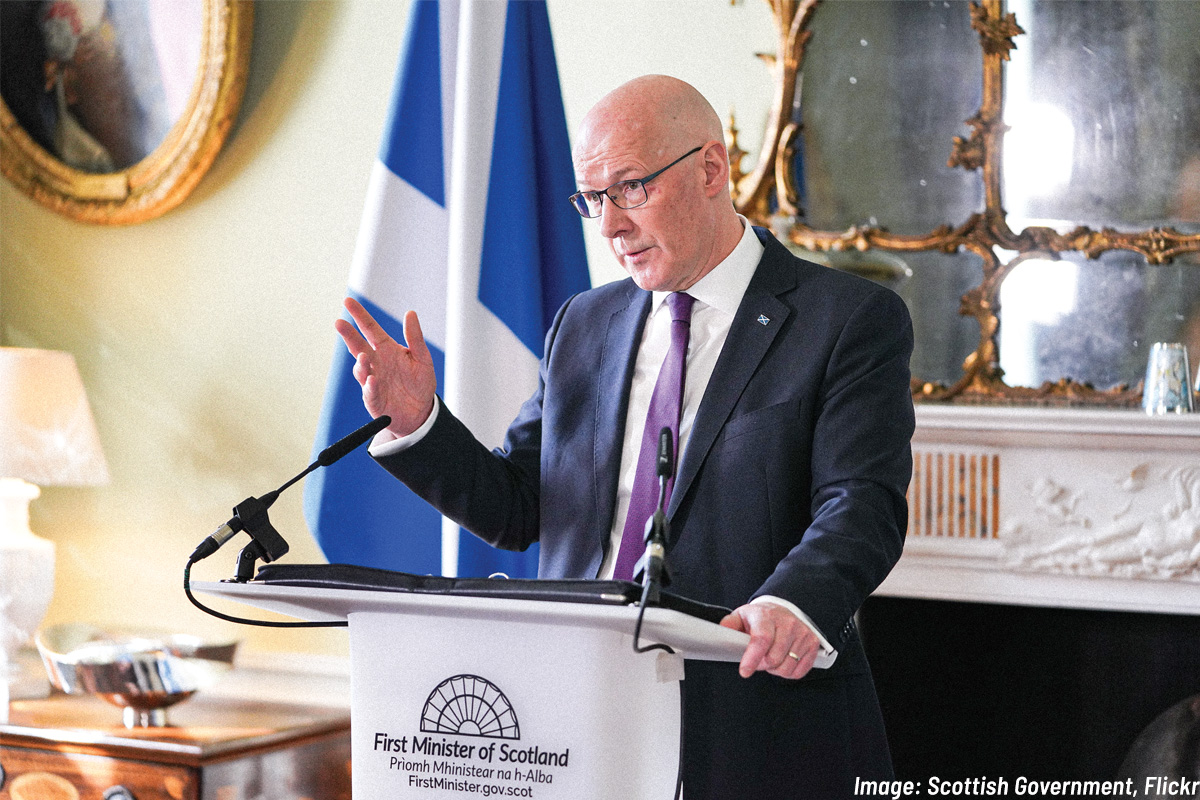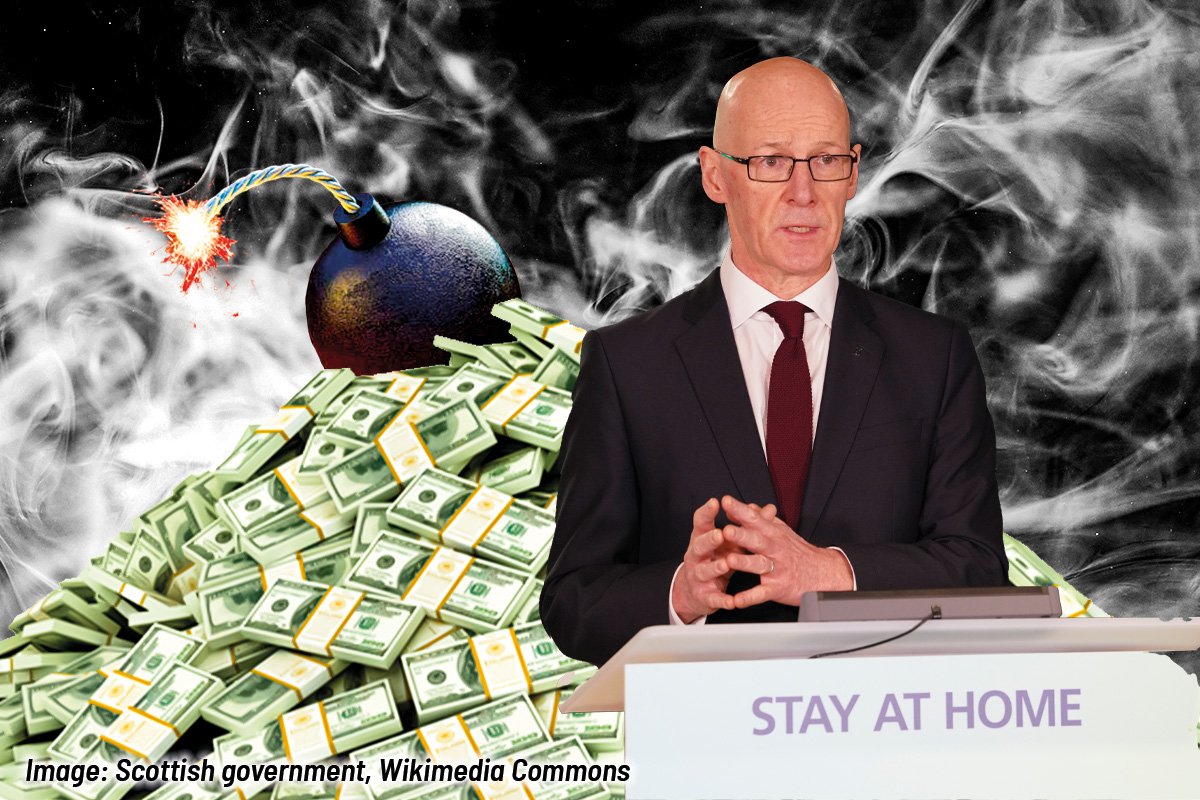The SNP victory
in the Glasgow East by-election certainly marks a new low in the recent history
of the Scottish Labour Party but the question is now posed: does it mark the
seismic shift in Scottish politics that Alex Salmond has declared? The SNP and
political commentators have pointed to the 22% swing against Labour, throwing
away a thirteen thousand vote majority and the fact that this was previously
the third safest Labour Westminster seat in Scotland. It must be remembered
that this was a by-election and the SNP has beaten Labour in such events previously
and that this was the narrowest of victories, at only 365 votes.
However, what is
perhaps more relevant than these statistics in themselves is the background to
the election. This election was not won by the SNP as much as it was lost by
Labour. This by-election came at the worst possible time for Scottish Labour
after the resignation of their leader Wendy Alexander for taking illegal
donations to fund her "leadership campaign". On top of this the Labour Party has
been utterly incapable of mounting a serious opposition to the SNP Scottish
Government. But possibly the most damaging factor was that the poll in Glasgow
East came at a time when the Westminster government has launched a series of
attacks on the poorest sections of society with the excuse of trying to avoid a
recession. In real terms this has meant pay cuts for public sector workers, and
all low paid workers have been hit with the scrapping of the ten pence tax
band. On the week before a by-election in one of the most deprived parts of the
country the government then went on to announce that it was going to launch an
attack on the unemployed and infirm through a proposed overhaul of the benefit
system that would make it far more difficult to be recognised as disabled and
the implementation of dole slavery via so called welfare to work programs.
Unsurprisingly,
the product of this was that a section of traditional working class Labour
voters voted SNP with the aim of giving the government a well deserved bloody
nose and swathes more simply did not feel enticed to vote at all. The SNP tried to pose the by-election as a
contest between a failing Westminster Government and the more popular Holyrood
administration. Indeed, it has seemed that the SNP are still enjoying their
"honeymoon period" from their election over a year ago. Their tactic has been
to blame any problems on Westminster and claim
that if only they could run Scotland
without interference from London
then they could shield us from the effects of the credit crunch. This tactic
may be politically expedient but is unsustainable. The SNP have been forced to
make centre-left pledges, such as free prescriptions and abolishing the hated
Public Private Partnerships, in order to gain the support of a section of the Scottish
working class. But as the credit crunch starts to hit harder the Nationalists’
business backer will not let them continue with their frivolous promises. As Scotland
starts to feel the pinch of the economic crisis the SNP are going to find it
more and more difficult to fulfil their pledges and working people may start to
see that the SNP are nothing more than Tories in tartan clothes.
In the midst of
the two way contest in Glasgow East there were also seven other candidates
standing, including those from no less than two parties claiming to represent a
socialist alternative. The Scottish Socialist Party and Solidarity both gained
less than 600 votes and even with their votes combined would still not have
claimed their deposit back. In such a tightly thought contest, however, the
totals of both parties were well above the margin between the SNP and Labour.
Glasgow East is a traditionally militant working class constituency and in a
situation where Labour is taking a hammering to achieve so few votes is an
indictment of the strategy of forming an "alternative" left party. Similarly
this was shown at the 2007 Scottish Parliamentary elections and for this to be
repeated shows the failure of this tactic as a means to engage with class
conscious workers and youth.
Working class
voters feel betrayed by the right-wing policies of New Labour and will not be
tempted to the polling stations by more of the same. Brown seems to
increasingly be under the delusion that by moving more to the right he will
gain more support, but this is just wishful thinking. Working people will come
back to Labour but only when Labour Party policy reflects the real aspirations
of the working class. If Labour was to propose a bold socialist manifesto it
could regain the support of millions of disillusioned working class voters and
build a base of mass support with which to face the next election.






